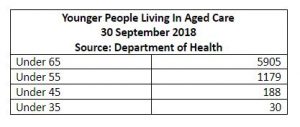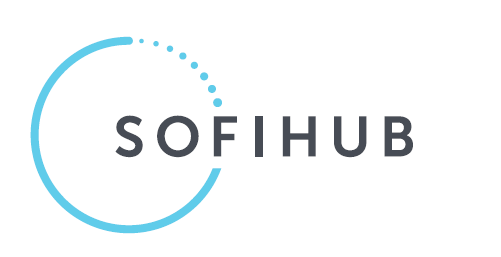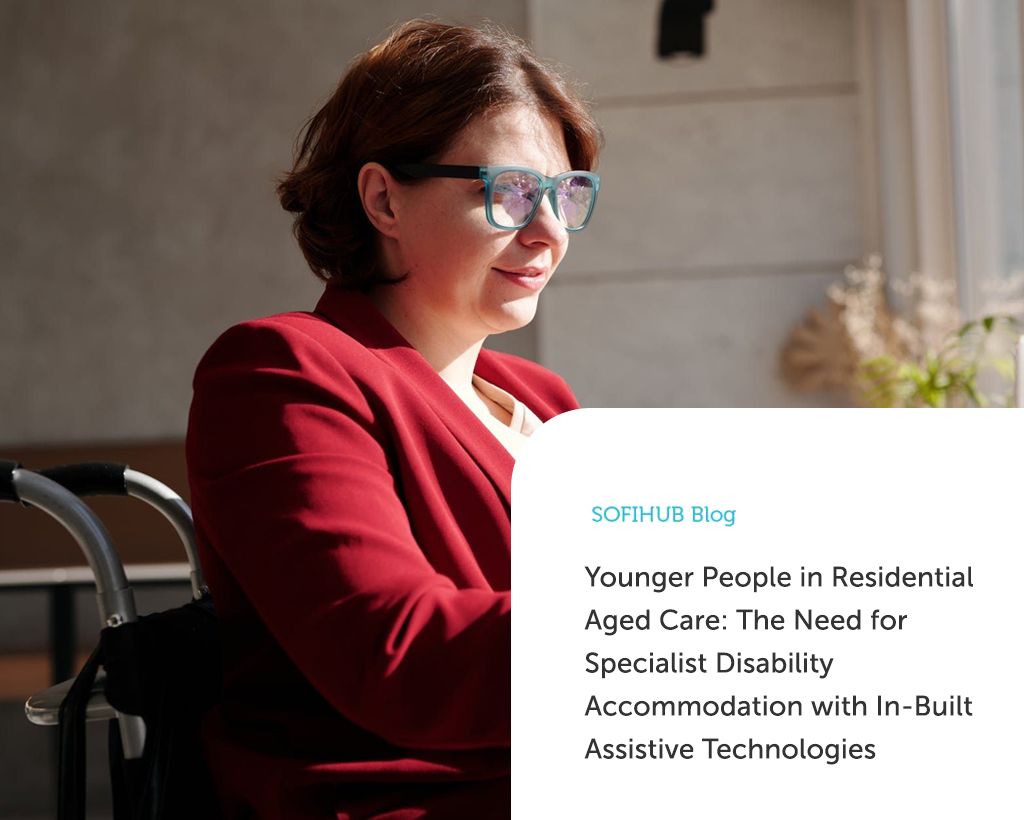The Australian government is working at reducing the need for people aged under 65 years of age to live in aged care facilities.
While in some instances, residential aged care is the only option for younger people living with disabilities, many young people are perfectly capable of living independent lives in their own homes or assisted-living facilities.
The move towards this policy of reducing the number of people living with disabilities and under 65 living in aged-care facilities is sure to ease the pressure on aged-care and assisted-living facilities immensely.
As of September 2018, the Department of Health statistics showed that there were almost 6000 people aged 65 and under living in residential aged care facilities across Australia. This situation was due mainly to a lack of age-appropriate housing and supported-living accommodations for this demographic.
Thus, there is a real need for Specialised Disability Accommodation or SDAs in Australia that incorporates smart tech and assistive technologies that can help this particular demographic and mitigate the pressures placed on the aged-care sector.
Specialist Disability Accommodation and the Problem Of Younger People with Disabilities And In Aged Care
In March 2019, the Government announced its national action plan to reduce the number of under 65s living in aged care. This plan will be managed by the Department of Social Services and the National Disability Insurance Scheme (NDIS).
This action plan focuses on:
- Halving the number of under 65s entering aged-care facilities by 2025.
- Supporting under 45s living in aged care aged to find other age-appropriate housing by 2022.
- Supporting under 65s already living in aged care to find other age-appropriate housing by 2025.
What are SDAs and How Do They Support the Government Plan?
There several reasons why younger people, especially those living with disabilities, are currently living in aged care facilities. This demographic has complex health needs, finds it challenging to access appropriate health supports in other settings affordably, and find it almost impossible to find suitable accommodation due to a lack of Specialised Disability Accommodation (SDA).
SDA is housing helps people who require specialist housing solutions that can help them manage their impairment. Only the NDIS provides funding for SDA and only to those who meet the strict eligibility criteria.
As of December 2018, there were approximately 2,600 Specialist Disability Accommodation (SDA) properties listed in the NDIS with assistive technology and other supports in their plans. To further compound the matter, experts estimate that almost 28,000 persons will require Specialist Disability Accommodation when the NDIS plans fully rolled out.
Thus, improving access to Specialist Disability Accommodation is key to reducing the number of younger people living in aged care. However, the SDA market has limited supply, a lack of demand data for potential investors, and significant lead-time construction.

How SOFIHUB Assistive Technologies Can Help Younger People Living with Disabilities or in Residential Aged Care
Assistive technologies and smart tech from solutions providers like SOFIHUB can provide a technology platform that bridges the SDA gap to enhance the lives of younger people living with disabilities. These technologies encourage independent living in this demographic, reducing the pressure on the aged care sector.
Smart tech like SOFIHUB pro solutions uses sensors strategically placed throughout the SDA rooms or homes to detect any abnormal occurrences. It sends alerts to carers with access to a centralised or remote monitoring system notifying them that the user needs attention.
These systems:
-
- Allow health care professionals or administrators at SDAs to monitor multiple residents simultaneously.
- Are customisable to individual SDA requirements
- Can integrate into the remote monitoring and existing security solution or BMS systems
- Come with ongoing technical sales support and co-branding options.
- Incorporate auto-reminders and alerts to assist the carer with remote health monitoring and the user with important dates, appointments, medication regimens, and times
- Incorporate fall detection technology for faster care delivery
- Use one-touch SOS alert buttons that instantly call a carer for assistance should the user become incapacitated.
As the system is customisable, SOFIHUB pro solutions can be installed within SDAs by placing a hub in each younger person’s unit. This way, these assistive technologies can help them feel more involved with their care, empowering them to be more independent and raising their sense of responsibility and self-esteem.
They present an innovative and easy-to-adopt way of delivering care to younger people living with disabilities, who should not have a problem with incorporating this smart tech into their everyday lives.
Learn How You Can Get SOFIHUB Smart Tech for Your Care Facility Today
SOFIHUB Assistive Care Technologies for independent living are crucial for any healthcare business that wants to improve its care delivery, especially to younger people living with disabilities or with special health needs. These smart tech solutions reduce the need for patient hospitalisation and aged care residencies allowing for proper care to be given to both people under and over 65 in their own homes.
If you want to learn more about incorporating SOFIHUB smart tech care solutions like the SOFIHUB pro solutions into your organisation’s care systems, contact our sales and training support staff by ringing 1300 110 366 to book an appointment for an on-site personalised consultation.

